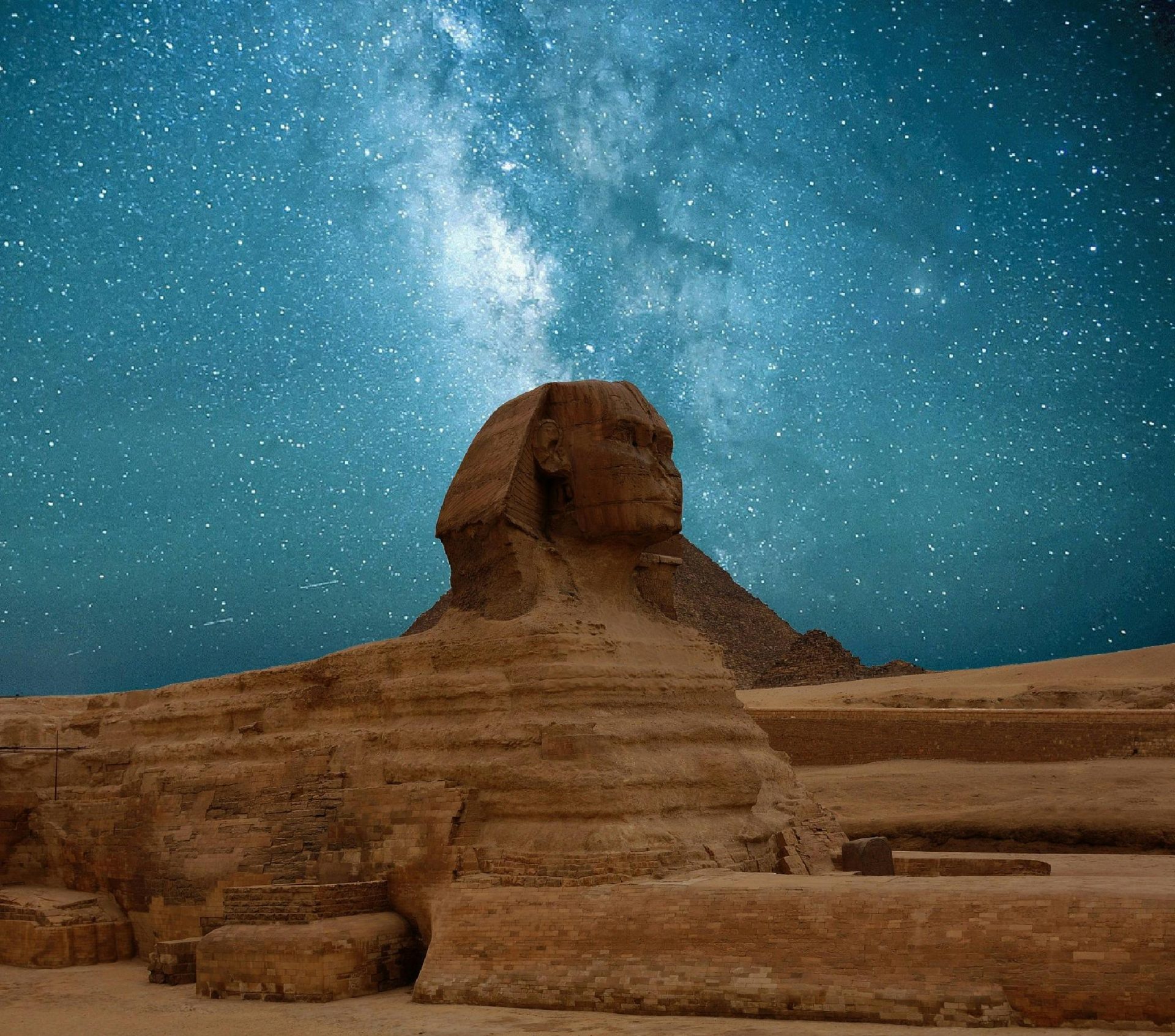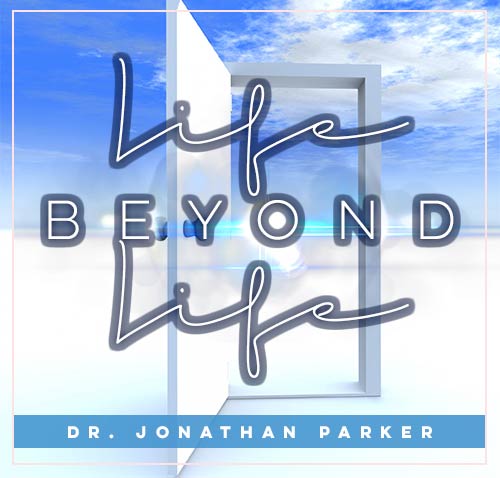Evidence of the Afterlife: Fact or Fiction?

Before diving in, please note: This post is for informational purposes only. If you’d like to know more about how we approach topics, feel free to check out our friendly Disclaimer Page.
Hey there, amazing readers! 🖐️ Just a quick note: yes, we know there are a lot of ads here. Trust us, we get it—it’s not the prettiest look, but they help us keep this blog alive and kicking. Those pesky little ads cover the costs of all the behind-the-scenes magic, from hosting and tech stuff to creating content we hope you’ll love.
We’re committed to delivering quality posts, and your support (even just sticking around despite the ads) means everything to us. So, bear with us, and thanks for helping us keep the good vibes rolling. Now, on to the fun stuff! 😉
TRANSLATE BUTTON AT THE END OF THE ARTICLE
Introduction: Exploring the Mystery of the Afterlife
The concept of an afterlife has intrigued humanity for centuries, sparking debates, discussions, and investigations into the possibility of life beyond death.
While some view evidence of the afterlife as fact, others dismiss it as mere fiction.
The idea of an afterlife raises profound existential questions about the nature of consciousness, the existence of a soul, and what awaits us after we depart from this world.
Near-Death Experiences: Anecdotal Evidence
Near-death experiences (NDEs) are often cited as evidence of the afterlife.
These profound experiences occur when an individual is on the brink of death and describes sensations such as feeling at peace, encountering deceased loved ones, or entering a bright light.
While skeptics argue that NDEs can be explained by physiological processes in the brain, those who have experienced them often believe they provide a glimpse into the afterlife.
Scientific Studies on Near-Death Experiences
Numerous scientific studies have been conducted to explore the phenomenon of near-death experiences.
Researchers have used various methods such as surveys, interviews, and brain imaging to study individuals who have reported NDEs.
While some studies have suggested that NDEs may be hallucinatory or dream-like experiences, others have proposed that they could provide evidence of consciousness continuing after death.
Theories on Near-Death Experiences
Several theories have been put forth to explain near-death experiences.
Some researchers believe that NDEs are a result of the brain’s response to trauma or lack of oxygen, while others suggest that they could be spiritual or mystical encounters.
The debate over the origin and meaning of NDEs continues to be a topic of interest in the scientific and philosophical communities.
Reincarnation Cases: Investigating Past Lives
Cases of individuals claiming to remember past lives have also been used as evidence of the afterlife.
Children who recall detailed information about people and places they could not have possibly known have intrigued researchers studying reincarnation.
While some view these cases as proof of life after death, others attribute them to coincidences, imagination, or suggestibility.
Mediumship: Communicating with the Dead
Mediumship, the practice of communicating with spirits or the deceased, is another phenomenon often associated with evidence of the afterlife.
Mediums claim to receive messages from the spirit world and provide comfort and closure to those seeking to connect with loved ones who have passed away.
While skeptics question the validity of mediumship, many people find solace in these experiences.
Skeptical Perspectives on Evidence of the Afterlife
Skeptics of the afterlife argue that phenomena such as near-death experiences, reincarnation cases, and mediumship can be explained through psychological, cultural, or neuroscientific factors.
They maintain that there is no empirical evidence to support the existence of an afterlife and that belief in such phenomena is rooted in wishful thinking or fear of death.
Critiques of Research on the Afterlife
Critics of research on the afterlife question the methodologies used in studies investigating near-death experiences, reincarnation cases, and mediumship.
They point out potential biases, flaws in study design, and lack of replicability in some research findings.
While some studies have yielded intriguing results, critics suggest that more rigorous scientific scrutiny is needed to validate claims of evidence for the afterlife.
Religious Beliefs and Views on the Afterlife
Religious beliefs play a significant role in shaping individuals’ views on the afterlife.
Different faith traditions offer varying interpretations of what happens after death, ranging from concepts of heaven and hell to reincarnation and spiritual liberation.
While religious teachings provide comfort and guidance for many, they also contribute to the diversity of perspectives on the afterlife.
Cultural Differences in Concepts of the Afterlife
Cultural diversity influences beliefs about the afterlife, with different cultures holding distinct views on what awaits us in the next realm.
Some cultures emphasize ancestor veneration, while others focus on reincarnation or spiritual transcendence.
These cultural differences highlight the complex and multifaceted nature of human beliefs about the afterlife.
Ethical Considerations in Studying the Afterlife
Ethical considerations arise when studying evidence of the afterlife, particularly in cases involving vulnerable populations such as individuals who have had near-death experiences or children claiming past-life memories.
Researchers must navigate issues of consent, privacy, and psychological well-being when investigating phenomena related to the afterlife.
Respecting the beliefs and experiences of participants is essential in conducting ethical research in this field.
Conclusion: The Debate Continues on Evidence of the Afterlife
The question of whether evidence of the afterlife is fact or fiction remains a subject of ongoing debate and inquiry.
Near-death experiences, reincarnation cases, mediumship, and religious beliefs all contribute to the complex tapestry of perspectives on what may await us beyond this life.
While some find solace in the idea of an afterlife, others approach the topic with skepticism and scientific scrutiny.
As research on the afterlife continues to evolve, the quest for answers about what lies beyond death persists, shaping our understanding of existence, consciousness, and the mysteries of life.

The Enlightenment Journey is a remarkable collection of writings authored by a distinguished group of experts in the fields of spirituality, new age, and esoteric knowledge.
This anthology features a diverse assembly of well-experienced authors who bring their profound insights and credible perspectives to the forefront.
Each contributor possesses a wealth of knowledge and wisdom, making them authorities in their respective domains.
Together, they offer readers a transformative journey into the realms of spiritual growth, self-discovery, and esoteric enlightenment.
The Enlightenment Journey is a testament to the collective expertise of these luminaries, providing readers with a rich tapestry of ideas and information to illuminate their spiritual path.
Our Diverse Expertise 🌟
While our primary focus is on spirituality and esotericism, we are equally passionate about exploring a wide range of other topics and niches 🌍📚. Our experienced team is dedicated to delivering high-quality, informative content across various subjects ✨.
To ensure we provide the most accurate and valuable insights, we collaborate with trusted experts in their respective domains 🧑🏫👩🏫. This allows us to offer well-rounded perspectives and knowledge to our readers.
Our blog originally focused on spirituality and metaphysics, but we’ve since expanded to cover a wide range of niches. Don’t worry—we continue to publish a lot of articles on spirituality! Frequently visit our blog to explore our diverse content and stay tuned for more insightful reads.






